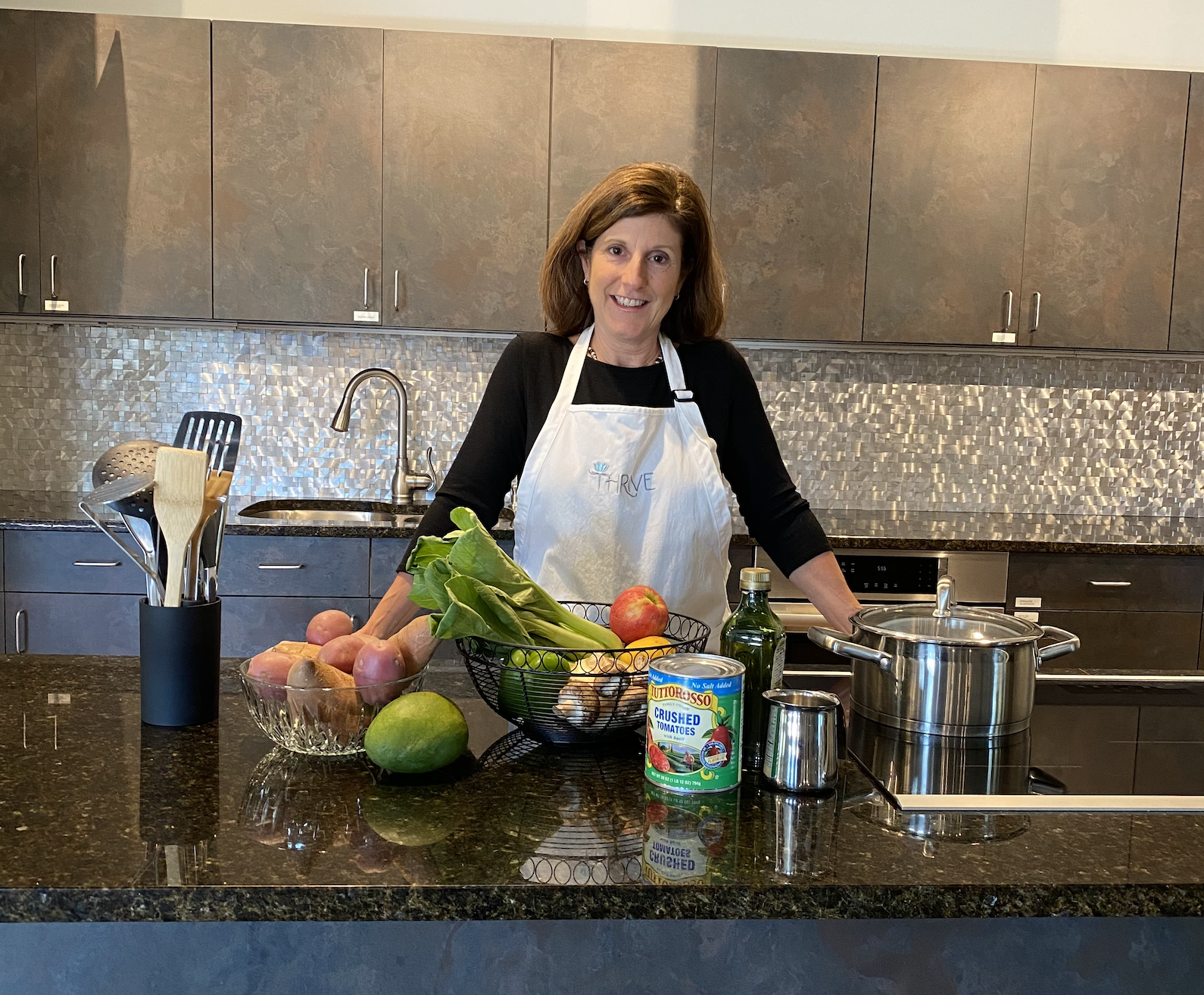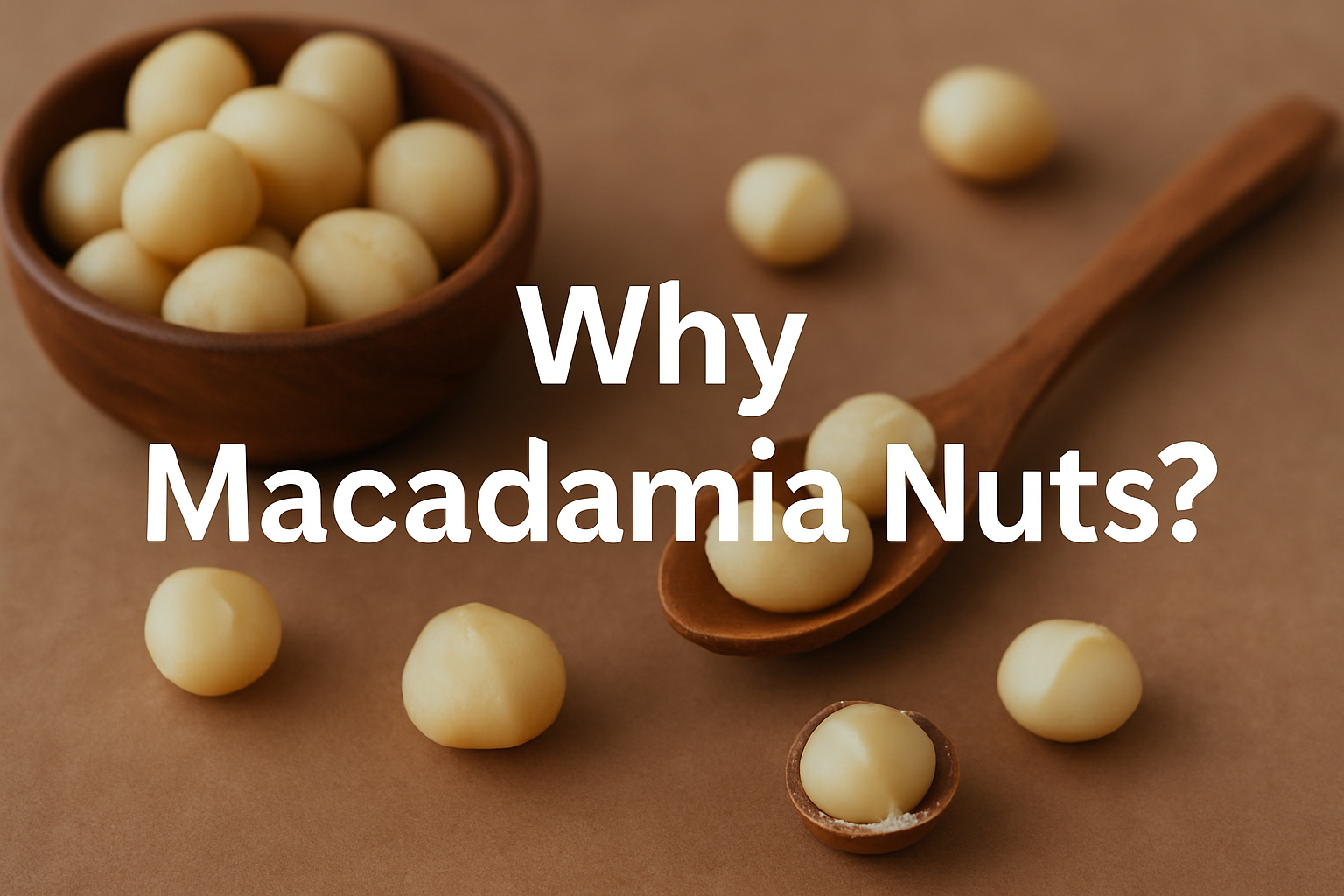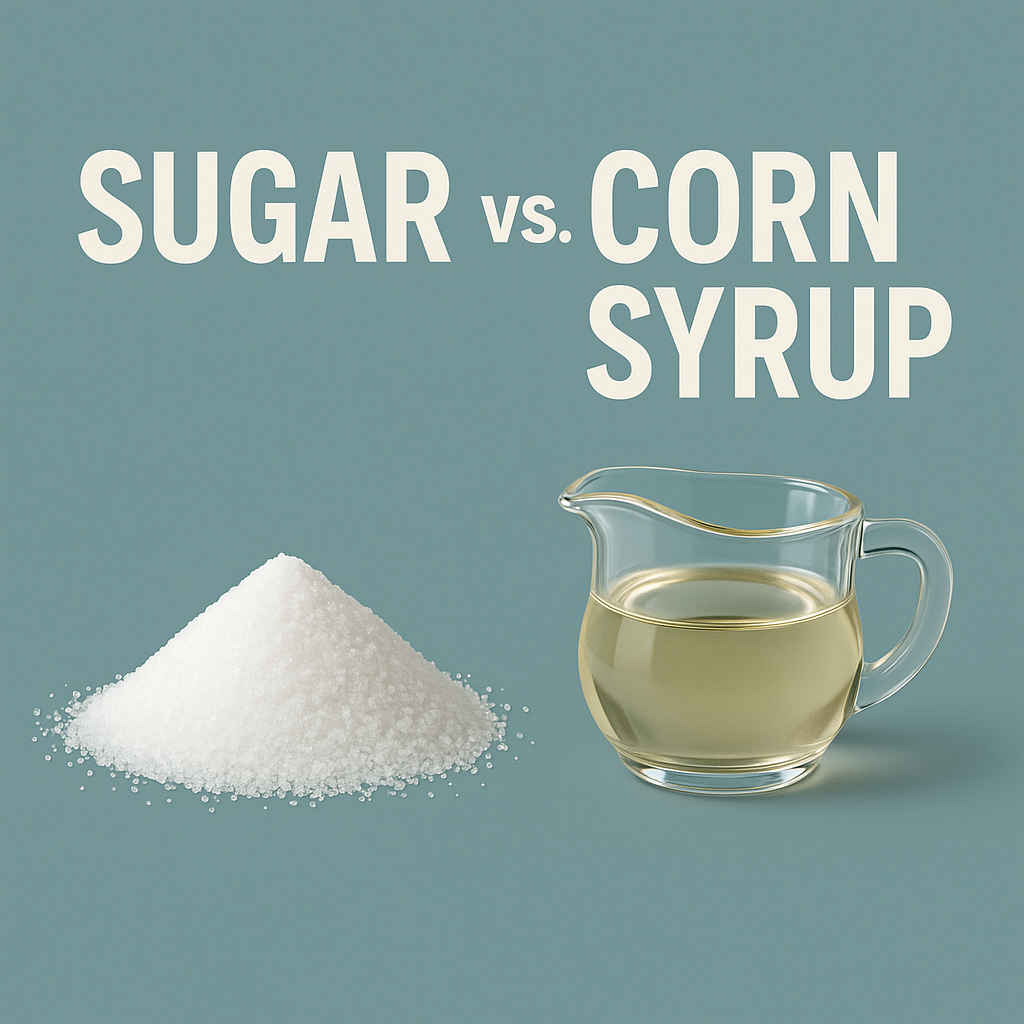Elevating Everyday Meals to Optimize Health
By Nancy A. Palermo, MD Many Americans fall into a routine when it comes to cooking. We make the same few meals each week, often relying on chicken and salad, and wonder why we’re uninspired or tempted by takeout. Unfortunately, this complacency in the kitchen often mirrors the decline in our overall health. Eating out may feel easier, but it often comes with hidden costs: excess calories, sugar, salt, and unhealthy fats, along with a lack of nutrient-dense fruits and vegetables. Finding joy and creativity in your home cooking not only saves your health, but it can also reshape your waistline and your microbiome. Why Variety Matters Research shows that rotating foods and eating a wider variety of plant ingredients helps cultivate diverse gut bacteria, a key factor in...










